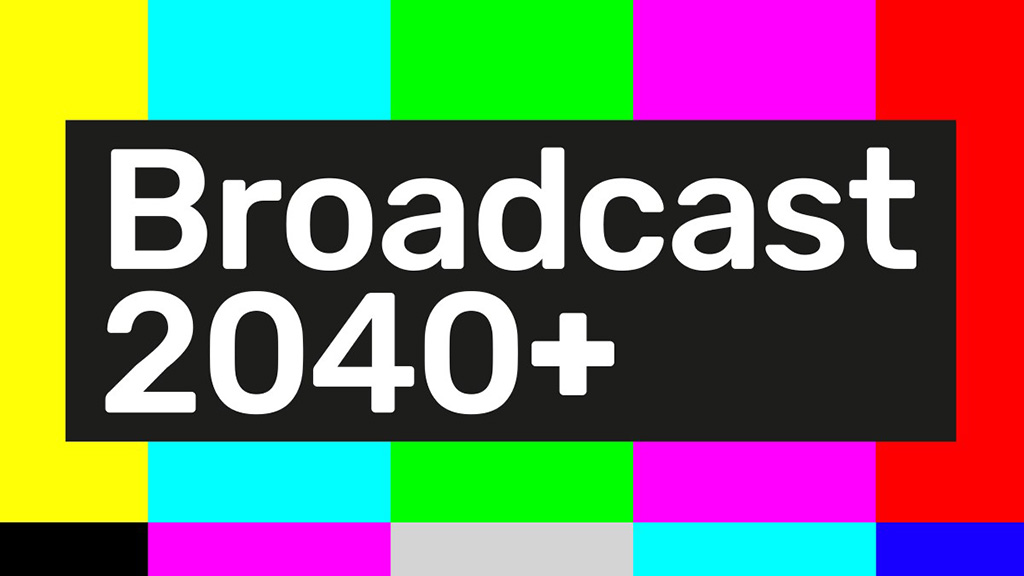As the parties publish their manifestos in preparation for a general election in the United Kingdom, there is plenty of attention on the broadcast coverage of their campaigns but little mention of the broadcasting policy of whoever will form the government. With the Media Act passed in the dying days of the last government, it may seem that the major work of legislation is done. Yet there are fundamental decisions to be taken on how to continue to fund and deliver universal access to broadcast television services in the coming years and decades.
There is no mention of broadcasting in the Labour manifesto. The only mention in the Conservative manifesto is in relation to backing Welsh broadcasting. The sole mention of media in either is to social media and the Online Safety Act.
The Conservative manifesto does say that it will support the BBC World Service but says of the BBC that it will carefully consider the findings of the Funding Review ahead of the next Royal Charter.
Labour says it will work constructively with the BBC and other public service broadcasters so they continue to inform, educate and entertain people, and support the creative economy by commissioning distinctively British content. It is also critical of globally respected institutions including the BBC, saying that they have undermined soft power, traditionally a source of great strength, and diminished international influence.
Beyond that, there is no reference to the challenge to traditional broadcasting presented by global online players, or to the long-term future of digital terrestrial television.
This has not gone unnoticed by the Broadcast 2040+ campaign to secure the future of free-to-air terrestrial television and radio services, led by transmission network operator Arqiva and a range of lobby groups.

“While Labour shadow ministers know the value of terrestrial TV to the millions of people to rely on it every day, they have missed an opportunity in their election manifesto to commit to its long-term future,” it said in a statement.
“Many of the most vulnerable in our society rely on terrestrial TV for news, entertainment and to stay connected. For too long ministers have kicked the can down the road. If Labour do form the next government, it is critical that they act swiftly to guarantee the future of broadcast to 2040 and beyond, which is something the vast majority of the British public want.”
Given the many challenges faced by the country, the transmission arrangements for television in ten years may not seem to be the most pressing political issue.
Yet this will be a key consideration for whoever becomes the next minister with responsibility for the portfolio that has previously covered culture, media, and sport.
If pre-election polling is anything to go by, that is unlikely to be the previous incumbent, who was the twelfth secretary of state to occupy this post since 2010.
